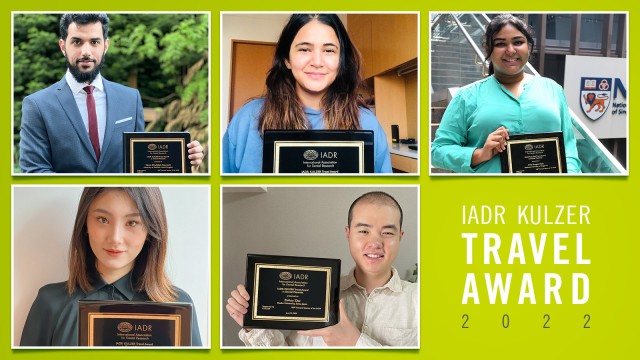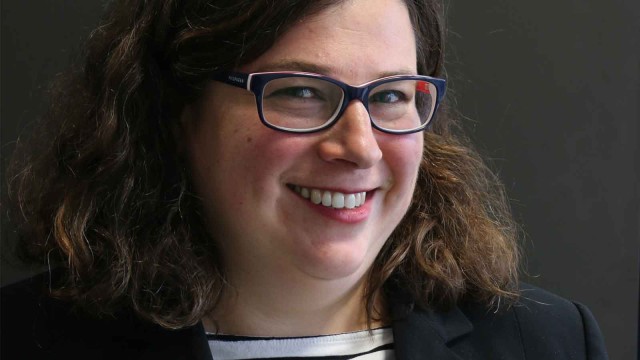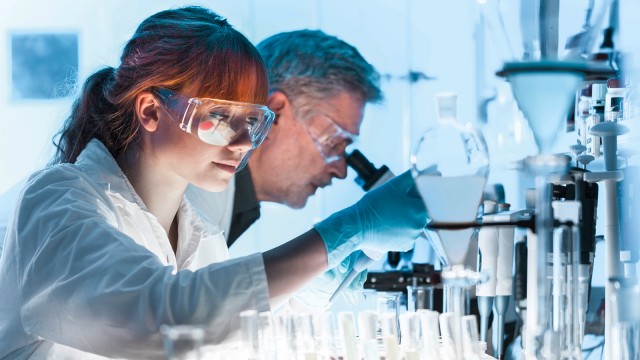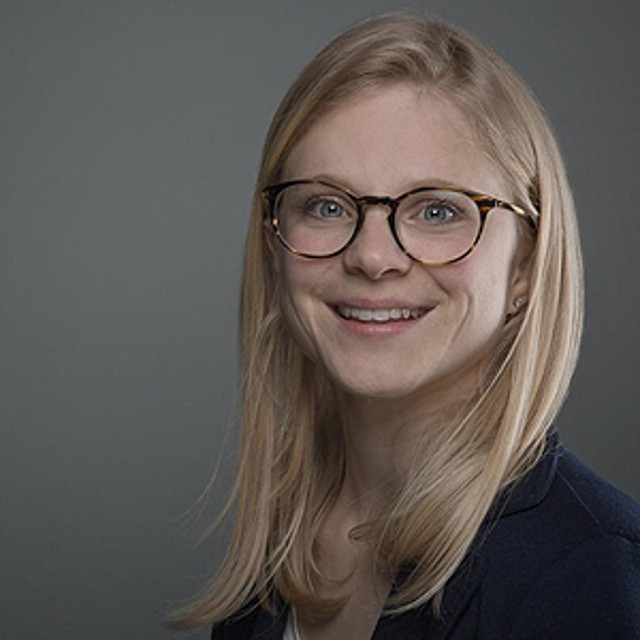Contact Kulzer International
IADR/Kulzer Travel Award: Young talent award with future prospects


The IADR/Kulzer Travel Award enables young scientists to present their research work to a professional audience at the world's largest dental congress, the IADR-Dental Materials Group Business Meeting, that this year was held virtually on June 16, 2022. What are the prospects for young researchers in winning the award and why is it worth applying?
Dr Janine Schweppe, Head of Global Scientific & Clinical Affairs, who awards the prize every year on behalf of Kulzer, talks about this in an interview.
More than 10 years ago, Kulzer launched the Travel Award together with IADR to promote young scientists. Why is it worth applying for the award and what are the advantages for the winners?
From my own experience, I know that it has always been difficult for young scientists to finance their own research projects or to afford the travel costs for an international congress to present their own research results to other scientists. In extreme cases, this can lead to young scientists leaving universities and preferring to go into practice. In this context, research work is so important and they make an important contribution to product development.
The winners of the IADR/Kulzer Travel Award, which is given annually to 5 young scientists from all over the world, receive a travel allowance of US$ 2500 to present their research results at the largest international dental conference and to network with other scientists. Even though the event was held again virtually this year due to the pandemic, the winners will receive the prize money to use for their research work.
What opportunities or collaborations have arisen for the winners of the IADR/Kulzer Travel Award in recent years?
I am pleased to see the promising research careers that some former award winners have had. Over the years, potential research collaborations have emerged for us. Specifically, we collaborated recently with Dr Nathaniel Lawson, who won the IADR KUlzer Travel Award in 2011, on a study of the depth of cure of Venus Bulk Flow ONE. He is now the director of the Biomaterials Division at the University of Alabama in Birmingham, USA, and an internationally prominent materials researcher.

Kulzer works closely with universities – what other support is there that young scientists or future dentists can benefit from?
Kulzer is committed to becoming a lifelong partner to the scientific community; for this purpose the team Global Scientific and Clinical Affairs networks with universities worldwide to advance dentistry through joint research projects. In this context, the support of young scientists is particularly important to us, because with their work and new approaches they make an enormously important contribution to the research of dental materials.
In addition to the IADR/Kulzer Travel Award, we also support the Young CED at the PER-IADR meeting (Pan-European Division), which will take place in Marseille in September 2022. There will be several interesting lectures for young scientists: from how to draw high quality scientific presentations, database and literature management and an introduction to statistics. In addition, as last year, a workshop on science communication will be offered.
In Germany, together with the German Society for Restorative and Regenerative Dentistry (DGR²Z), we sponsor the DGR²Z Kulzer Start Award, where young researchers can submit a scientific project.
As a dentist, you regularly work with universities and are in close contact with young scientists - what challenges does the new generation face and how can Kulzer as a company support them in their careers?
Social changes can also be found among young scientists: An adequate work-life balance and the compatibility of family and career have become much more important, as in the population as a whole. Likewise, digital exchange through social media and science networks has increased significantly, and knowledge is now available almost in real time through online publications, e-learning and webinars everywhere. It has become much more difficult for young researchers to get off the ground internationally, because many more researchers around the world want to get their results published in prestigious scientific journals. In the future, young researchers will have to think more about what interesting research topics are, how to fund them and how they should communicate their research results so that they get noticed. We are working on further expanding our funding programme for young researchers in order to be able to support them even better and tailored to their needs.
About the IADR/Kulzer Travel Award
In 2010 Kulzer established the IADR/Kulzer Travel Award to support and encourage young scientists to research on new testing methods for dental materials. Kulzer will again present the IADR/Kulzer Travel Award 2023, to which interested young scientists can apply from August 9, 2022.
Here you will find more details on the award and the application procedure as well as information on the selection process:
What the 2022 winners say about the IADR Kulzer Travel Award and what it means to them
Leave a comment

-
Manager Corporate Communications
-
Bettina Link
- More blog posts

